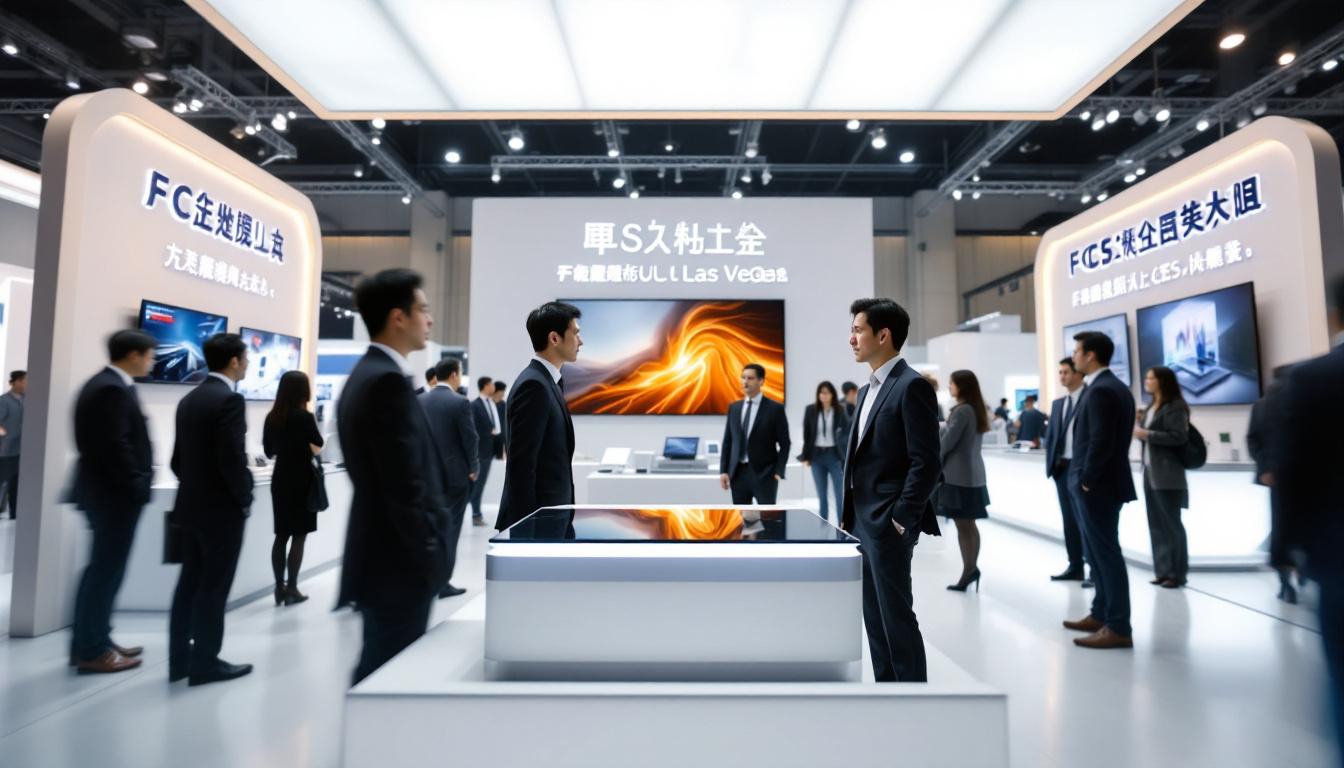
Cultural Tips for Marketing to Japanese Clients at Trade Shows
Successfully marketing to Japanese clients at trade shows requires more than just language translation—it demands a deep understanding of cultural nuances and business etiquette. Here are essential tips to help you build meaningful relationships with Japanese partners at Las Vegas trade shows.
Understanding Japanese Business Culture
The Importance of Respect (敬意)
Respect is fundamental in Japanese business culture:
Building Trust Takes Time
Japanese businesses prioritize long-term relationships:
Pre-Show Preparation
Business Cards (Meishi) Etiquette
Business cards are extremely important:
Marketing Materials
Prepare culturally appropriate materials:
At the Trade Show
Booth Design and Setup
Create a welcoming environment:
First Impressions Matter
Communication Best Practices
Verbal Communication
Non-Verbal Communication
Building Relationships
The Concept of Omotenashi (おもてなし)
Omotenashi represents Japanese hospitality:
Nemawashi (根回し) - Behind-the-Scenes Consensus
Understand the decision-making process:
Do's and Don'ts
Do's
Don'ts
Gift-Giving Protocol
Omiyage (お土産) - Business Gifts
Gift-giving is important:
Appropriate Gifts
Follow-Up Strategies
Immediate Post-Show
Long-Term Relationship Building
Common Mistakes to Avoid
1. Rushing the Sales Process: Japanese businesses take time to build trust
2. Ignoring Hierarchy: Always acknowledge the senior person first
3. Being Too Casual: Maintain formality until invited otherwise
4. Overlooking Details: Japanese clients notice everything
5. Cultural Assumptions: Don't assume all Japanese businesses are the same
Technology and Digital Engagement
Digital Business Cards
Social Media Engagement
Conclusion
Successfully marketing to Japanese clients at trade shows requires patience, respect, and cultural sensitivity. By understanding and implementing these cultural tips, you'll be better positioned to build lasting relationships with Japanese partners. Remember, the goal is not just to make a sale but to establish a foundation for long-term business success.
The investment in cultural understanding pays dividends in the form of trust, loyalty, and mutually beneficial partnerships. As you prepare for your next trade show in Las Vegas, keep these cultural insights in mind and approach each interaction with respect and genuine interest in building meaningful connections.
Need expert assistance in engaging with Japanese clients at Las Vegas trade shows? NihonVegas provides comprehensive cultural consulting and translation services to ensure your success.
Ready to Succeed at Your Next Conference?
Let NihonVegas help you bridge the language and cultural gap
Get StartedRelated Articles

Las Vegas Japanese Translation Services: Complete Guide for Business Success
Comprehensive guide to Japanese translation services in Las Vegas. Professional interpretation, docu...
Read more
How to Engage Japanese Audiences at CES with Expert Translation
Learn the key strategies for effectively communicating with Japanese businesses at major trade shows...
Read more
Why Las Vegas is the Perfect Hub for Japanese Business Events
Discover why Japanese companies choose Las Vegas for their American business ventures. From world-cl...
Read more